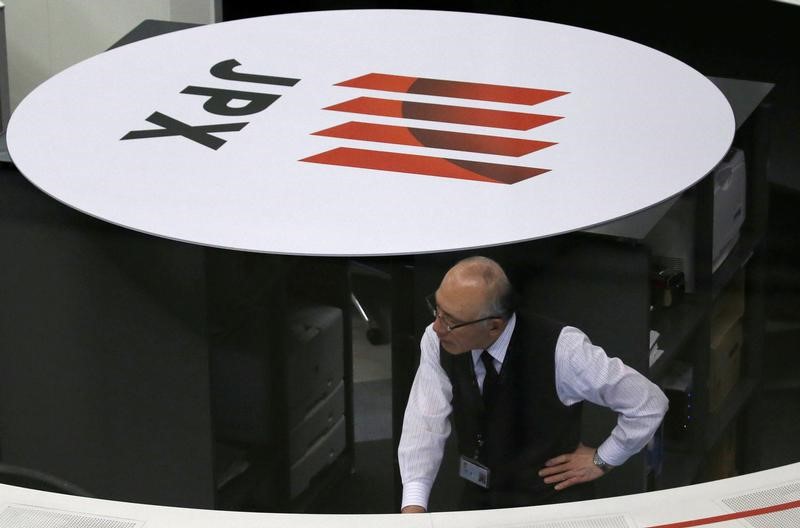Prime Minister Fumio Kishida’s decision not to run for president of the Liberal Democratic Party (LDP) in the next party elections and to resign next month has sparked some speculation about its possible impact on the stock market.
According to UBS analysts, the immediate market reaction is expected to be muted as long as the LDP remains in power, and no major ideological shifts are expected.
However, UBS emphasizes that the nuances of fiscal and monetary policies, as well as structural reforms and energy policies under a new LDP leader, could influence market sentiment.
“There are likely to be differences in fiscal and monetary policy stances and structural reforms and energy policy priorities that are likely to attract attention in the stock market,” UBS notes, indicating that investors will be closely watching the policy directions of potential successors.
The leadership transition will culminate in presidential elections for the LDP, likely between September 20 and 29. Media reports suggest that candidates such as Shigeru Ishiba, Shinjiro Koizumi and Sanae Takaichi could be contenders, but no clear frontrunner has emerged yet.
UBS also points out that if the LDP’s approval ratings improve after the election, the House of Representatives could potentially be dissolved (as has happened in the past), paving the way for a general election in the fall.
Historically, share prices have tended to rise during the dissolution and general election phases, presenting potential opportunities for investors. However, UBS warns that it remains uncertain whether a general election will boost confidence in government policies or heighten concerns about political instability.
Overall, UBS believes that while Kishida’s resignation brings some uncertainty, the overall impact on markets could depend on the new leader’s policy direction and the broader political environment.


